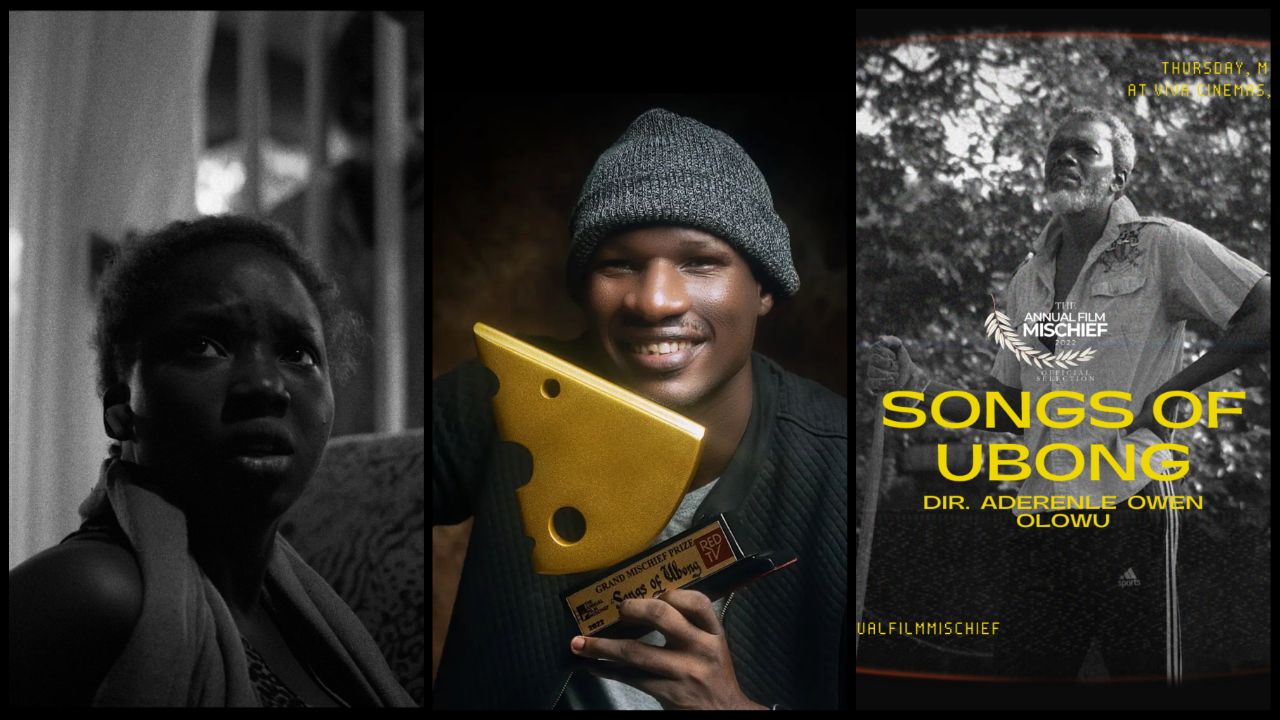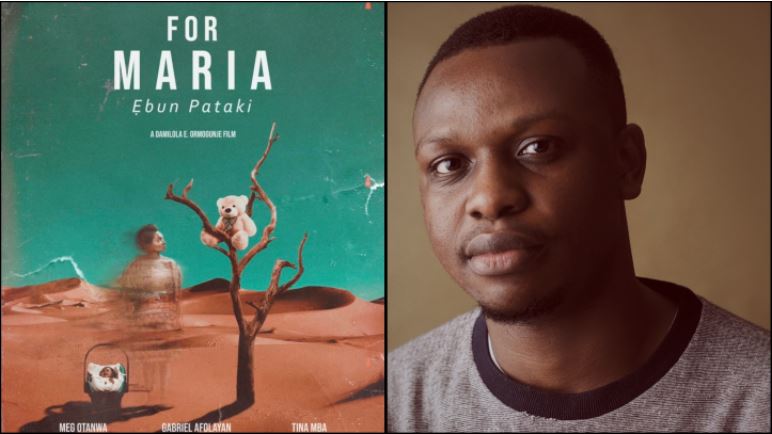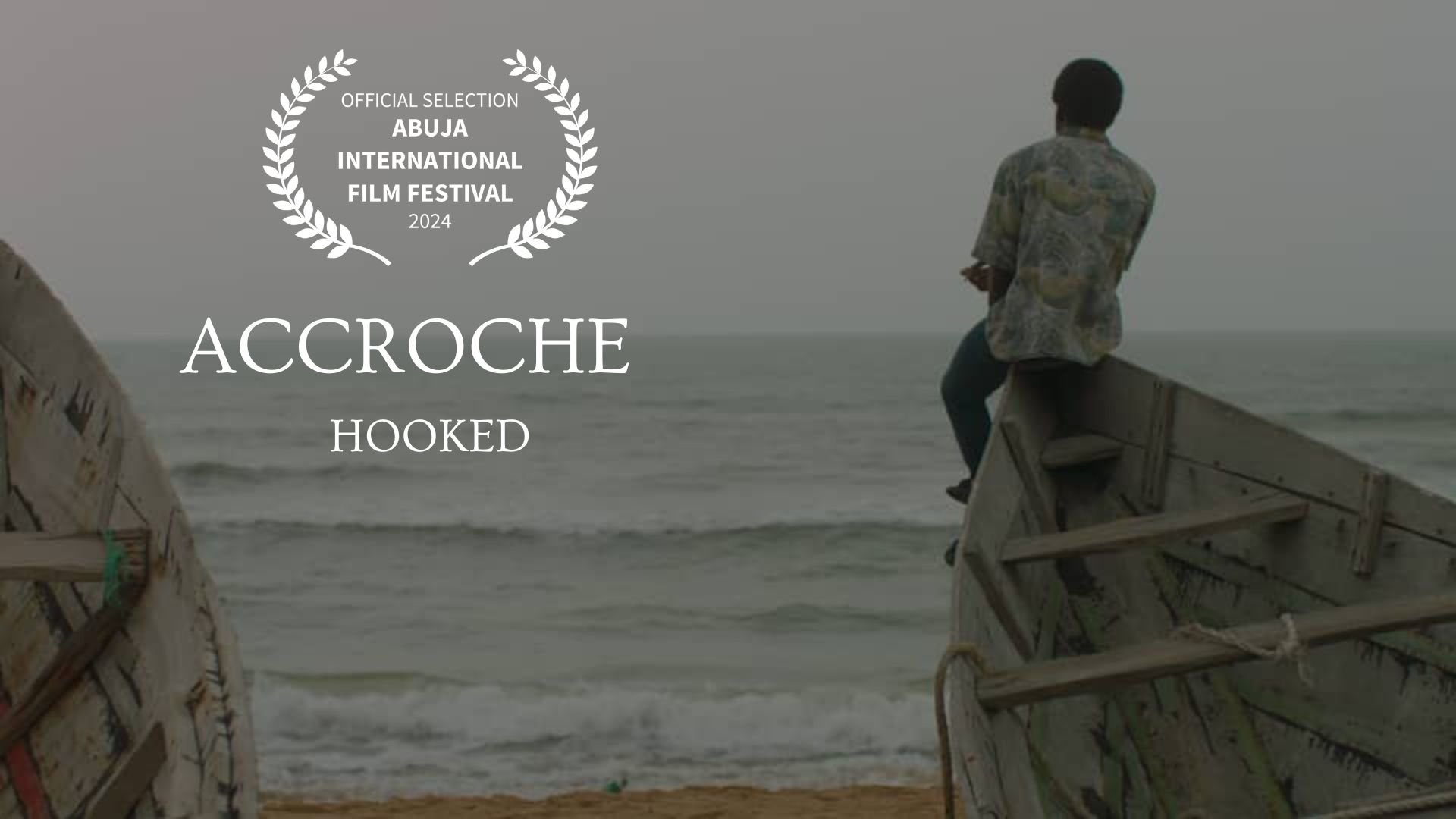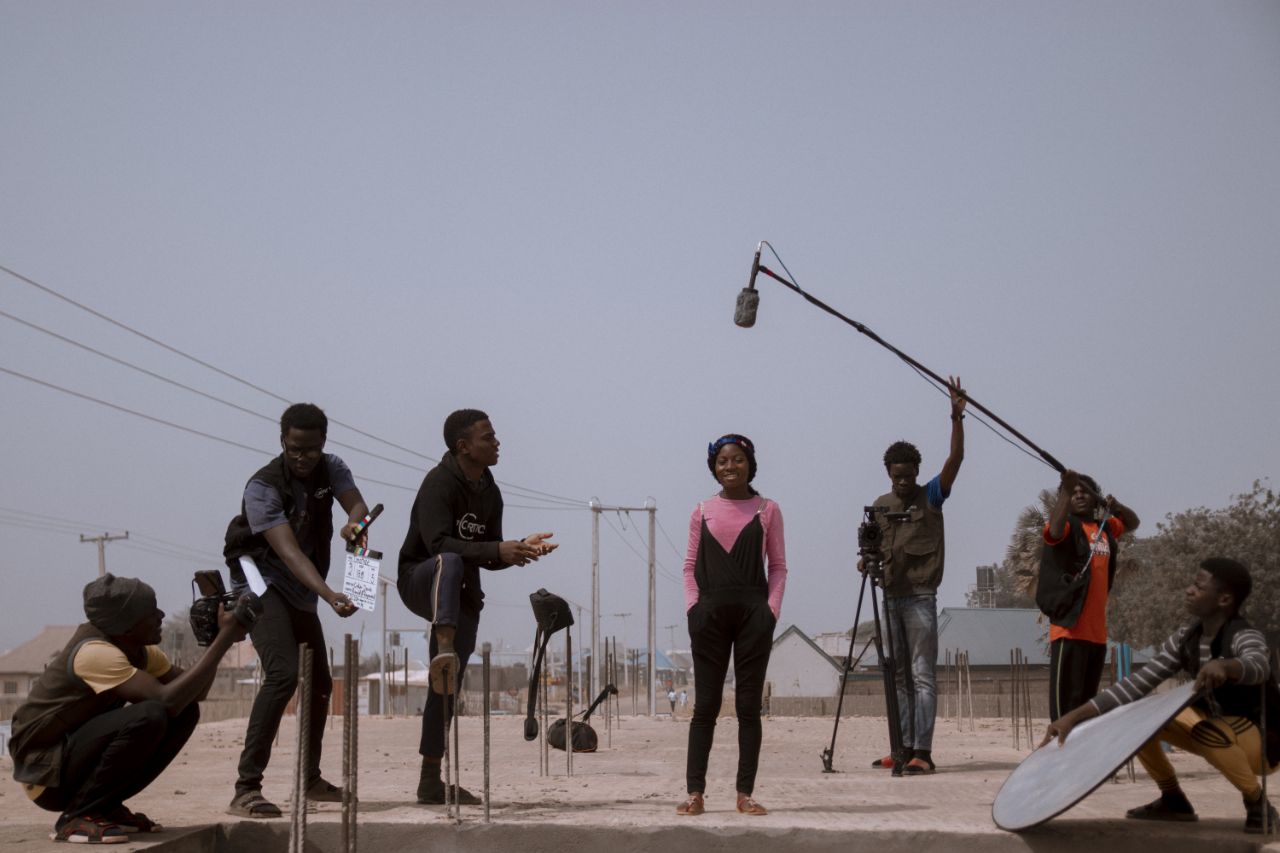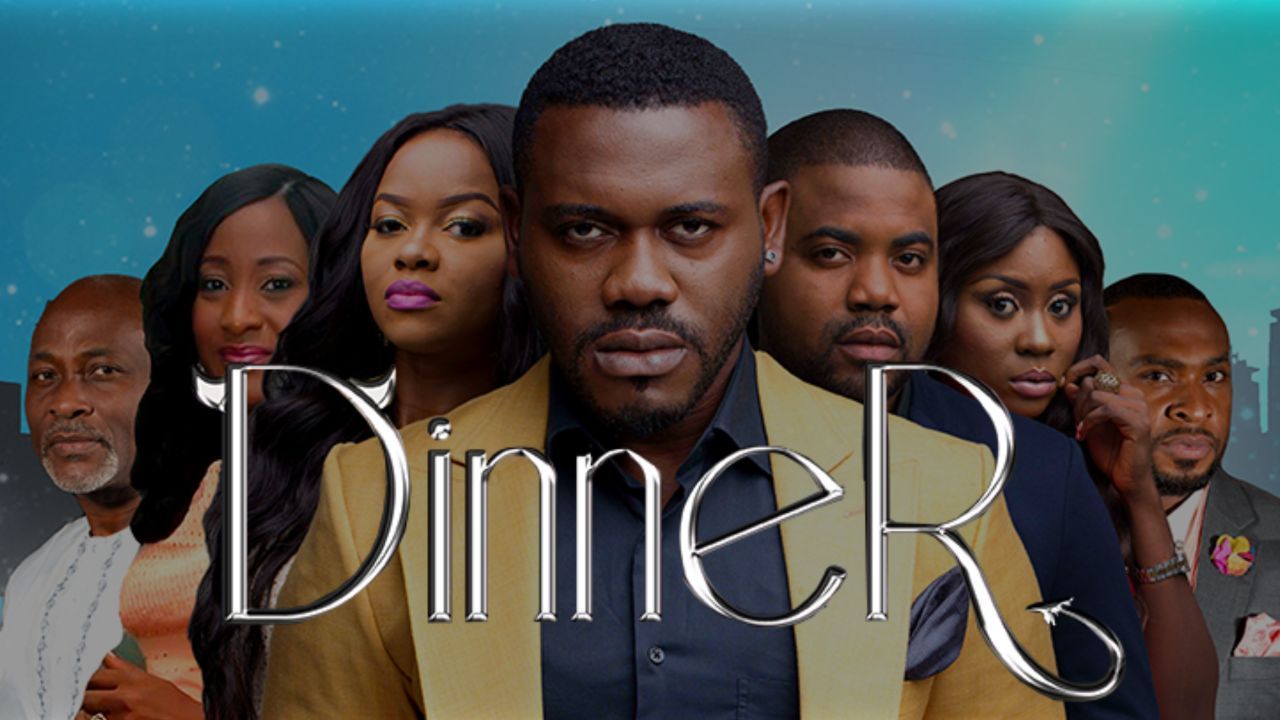Adenrele Owen Olowu—the making of a Nollywood auteur who understands the depth of less is more.
Shortly after snagging the big prize at the recently concluded Film Rats Club festival, The Annual Film Mischief, Owen Olowu sat down with WKMUp to discuss the production of his winning film, Songs of Ubong; his filmmaking style referred to as VAR; his influences found in highly visual auteurs; and current industry debates.
The winning short film, Songs of Ubong, would happen during a courtesy visit to actor Wale Ojo’s house, which provided him with enough ingredients to undertake the impromptu project, which also stars his fiancée (Rhoda Morakinyo), the interest of Wale Ojo’s desires. Was Owen Olowu actually prepared for this event or wasn’t he? Well, moving around like an “assassin”, and thanks to his thorough education and deep interest in multiple departments of filmmaking, made the shooting of the film a case of being at the perfect place at the right time— gallantly and stylistically and poetically put together as a black and white short described by Osamudiamen Joseph as a lush, poetic cinema fantasy.
This conversation took place over skype and has been edited for length and clarity.
So I always ask anybody that comes to me, I say how do you visually represent your art? You can visually just explain a couple of things without saying anything. Another thing about the visual is my role as a director and as a filmmaker. I need to let the audience feel what the characters—protagonist and even the antagonist— are feeling and how can I do that? Through visuals, such as lighting technique. It is an artist’s job to direct us towards what he wants us to imagine.
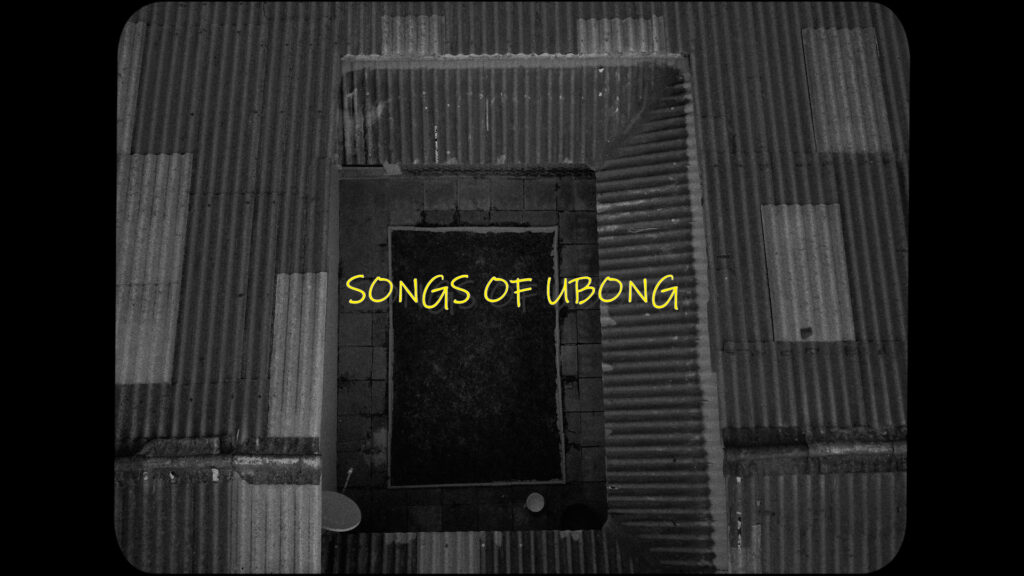
How does it feel to win The Grand Cheese Prize, the inaugural edition of the biggest prize at The Annual Film Mischief?
First of all, I feel bad that I wasn’t there to collect the award due to some personal emergencies that came up. But we thank God for good news. Also, it feels great because I think this would be my second ever submission to any festival. I’ve done more commercials (that you can find on DStv), documentaries and personal jobs. I guess I was just using that time to build up, but finally I’ve come back into film proper and if you want to connect and network, you need to go to festivals.
You’ve done documentary filmmaking, commercial filmmaking and now, filmmaking proper, so how did it all start for you—getting into filmmaking and storytelling.
Since when I was young and my parents got us a film camera, I had always loved taking pictures, being that I knew how to put us in the right framing positions. Then, I also finished from University of Lagos where I studied mass communication. During my NYSC I made a service year documentary which I put on CDs and people bought it. It was wonderful. Then, I gained admission into New York Film Academy, Los Angeles, in 2015. There, I studied film and I came out as the best directing student of that set. So, I can say that New York Film Academy has a lot of influence on my style because they trained us to actually know everything on set. Coming back to Nigeria in 2016, I submitted a film for AFRIFF and it was screened, which was one wonderful experience. With the reality of the country and the need to make money, I have been doing a whole lot of commercial jobs, weddings, and documentaries. I was motivated by the idea that everything that has to do with screen and camera is still telling a story regardless of what genre it is. So that was how the journey started for me and I guess this time around, I just felt okay. I have stories because I write my stories too, and I edit my work so I think it’s time for me to now come back into what I really want to do, which is tell stories that the world will see.
And for me personally and for readers, who don’t exactly know anything about your other works, kindly share more details and where can we find them?
Well, in terms of films, I have a couple that I put out on my production YouTube channel, Film Target TV. There is one I did with my partner titled, The Little Things We Do, a series of stories that help to encourage people. There’s one I shot titled, Michael, in L.A. It was screened at AFRIFF and it is still on Film Target’s YouTube. There are a lot of commercials on DStv. There are also documentaries which I can’t share yet. But when it comes to my film, I’m just bringing them out of where I’ve kept them so you might not see a whole lot right now.
Okay, thank you. And, going to NYFA to study film where you came out as the best graduating director student, with that you became intentional about wanting to become a filmmaker. Were there movies you saw growing up or certain people you looked up to as role models or unofficial mentors?
I grew up watching different kinds of storytelling which gave me a wider perspective of film and how it’s made across the globe, not just a particular style. I grew up watching the likes of James Cameron from Titanic. And speaking about mentors, I would definitely call Steven Spielberg because he blows my mind every time. I watched a recent movie he did, I think West Side Story and I was like this man never gets old. Then Wes Anderson over the years has been a mind-blowing filmmaker who is on another level entirely because his way of shooting and his visuals are just too artistic. Basically, those are the 3 people that have influenced me and my art as a person.
I think the Nigerian audience, people say we are the most difficult people to please. I tend to disagree. When you come with something new, Nigerians are quick to adjust to changes. Unfortunately, a lot of people, not just in the film industry, but in the music industry, have had their creativity crushed by people who would rather stick to a certain formula.
Going to NYFA again and being intentional as a filmmaker coming into Nollywood. I know a number of indie filmmakers don’t want to be called that, I don’t know if you’re also one of them. But what stories do you hope to tell, what themes and what is your voice as a filmmaker?
To describe my voice as a filmmaker, I’ve been using the term ‘VAR’. VAR means Visual Art Representation. So I always ask anybody that comes to me, I say how do you visually represent your art? You can visually explain a couple of things without saying anything. Another thing about the visual is my role as a director and as a filmmaker. I need to let the audience feel what the characters—protagonist and even the antagonist— are feeling and how can I do that? Through visuals, such as lighting technique. It is an artist’s job to direct us towards what he wants us to imagine. Seeing a Nigerian director proudly say he doesn’t know how to put on a camera, in my mind I was like why won’t you know how to use your tools because how can you say you’re an artist that paints but you don’t know how to use the brush? It makes no sense. How can you say you’re a poet and you don’t know how to use your words? Someone else will use it for you and you’ll say yes I was the one that guided the person. You can’t guide somebody to paint your work. Yes, we know that these other people on set are an extension of the director’s hands. They should be attached to your thoughts and vision through guidance. I cannot go to a set tomorrow and want things a certain way and the DOP will tell me something is not possible, because I know how to carry and handle the camera since most of the time, I shoot myself. So, this is my own style as a film director and I feel we need to apply this thing more, especially in Nollywood where you see a lot of big projects with millions spent on it but lacking in identity. With the directors I mentioned earlier, you can identify them by just seeing a few scenes. I guess this is something I am willing to change and bring into the industry. We need to be proper directors because people think directing is just talking to the actors, sadly no. I don’t know if you get what I’m trying to say?
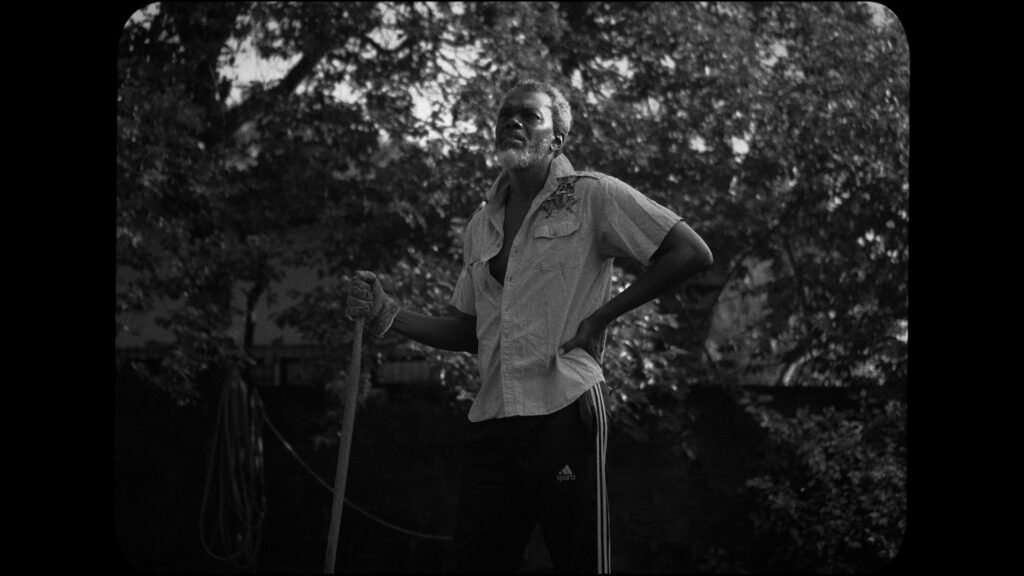
Yeah, I do.
So, these are the kind of things that I as a filmmaker would definitely bring to the table.
Oh, thank you for that well-detailed response. So, as a filmmaker who’s one of these creatvíves who want to be an overseer on the movie, channeling your artistic vision, pulling everything together, with the likes of other directors that I’ve come to know recently such as Damilola Orimogunje, the Esiri brothers, with their recent movie that’s making waves globally, WHO would you say is the Nigerian film audience to you?
I think the Nigerian audience, people say we are the most difficult people to please. I tend to disagree. When you come with something new, Nigerians are quick to adjust to changes. Unfortunately, a lot of people, not just in the film industry, but in the music industry, have had their creativity crushed by people who would rather stick to a certain formula. But Nigerians are fantastic people. They adapt quickly to something good.
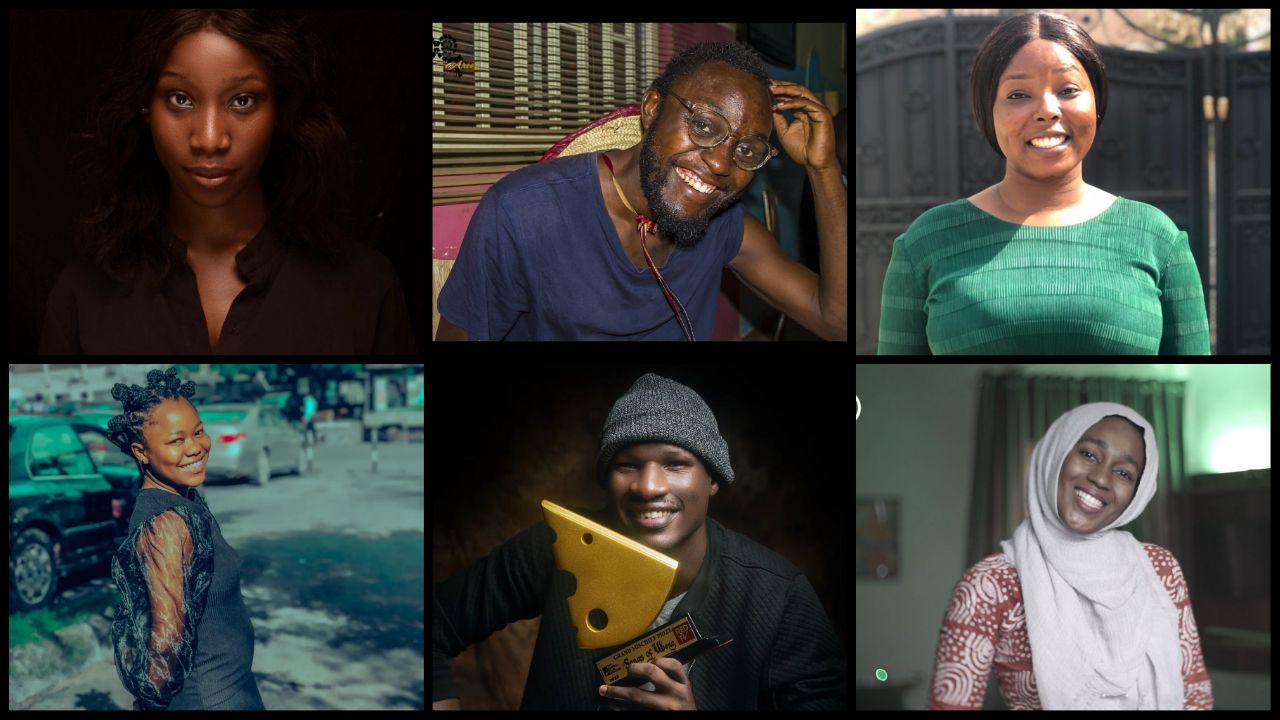 Film Mischief 2022: “Less is More” Standout Stars
Film Mischief 2022: “Less is More” Standout Stars
I think your answer gives a little bit of a hint on your opinion about the current state of the industry. Another major concern at the moment is the battle between the incoming streaming services and existing cinema. Do you have a personal preference of cinema over streaming or streaming over cinema?
I won’t want to say this over this or that over that but what I would say is, you cannot do away with making your film which should be of utmost importance; not making film because you think it is cool but because you have found a passion. You know, regardless of whichever angle you want to go.
So being in his house, a place that looks like it has been prepared for shooting—with the rays, there was light coming from everywhere, and the curtains doing the job of the diffusers—I knew I had to shoot something in that house. Being a full artist who can hold his own on a set and luckily having two actors on ground, within 5 hours we were done, almost like poetry.
I understand. I’m just curious about your own thoughts. Whether you are more conservative about cinema—remaining in the cinema halls or staying at home to watch movies.
You know, COVID just gave the excuse that home is better and you know most Nigerians went to the cinema not really because the love was there for the film, let’s be honest, but for other reasons. There was this recent conflict between a big Hollywood studio and an actress over how her movie was distributed, because the studios think they will make more money a certain way or to encourage a safe society. So there is still a lot of back and forth over the topic at the moment. If the people at that level are still struggling with which one is better, then let me leave the matter.
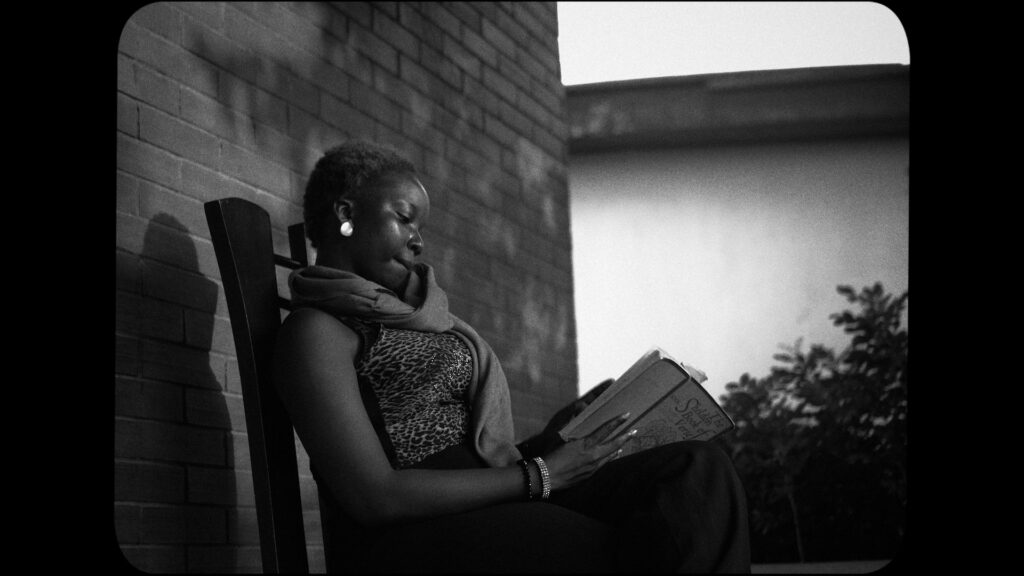
Trying to go back to Songs of Ubong, filmmaking is not, as you mentioned earlier, just about holding a camera in a cool way. What kind of challenges did you face bringing this project to life?
To be honest, I think Songs of Ubong was one of the easiest movies I’ve ever made. Over the years, I have learnt a whole lot about filmmaking that you do not need so much to make a good film. So, Songs of Ubong, like I said during the festival, happened during a visitation to Wale Ojo. And since I move like an assassin who has his gears—some basic tools— in the trunk of his car at all times, ready to shoot, it felt like we had planned for it. Then Wale Ojo was just talking about songs of Solomon and how he uses it to sharpen his memory for when he wants to remember lines of a script. So being in his house, a place that looks like it has been prepared for shooting—with the rays, there was light coming from everywhere, and the curtains doing the job of the diffusers—I knew I had to shoot something in that house. Being a full artist who can hold his own on a set and luckily having two actors on ground, within 5 hours we were done, almost like poetry. That’s how easy it is for me because I have come to realise that as an assassin, I need to know everything about my tools. So that’s how easy Songs of Ubong was and I’m glad it is where it is today and for the exposure that it has given me.
For someone like you that is an all-rounder, who can do everything on set and almost everything in film production, as you’ve just mentioned, is there a particular stage in the process of filmmaking that is your favourite?
Like I said, know your tools. As a filmmaker, it is fantastic for me that I know these tools. I love the editing part. I direct as an editor because I know the tricks I can apply, while editing. Many things I do on set, I already know where I want to put it in editing.
Right. The editors themselves, are storytellers, just as an editor, who we interviewed at the festival, told us. According to him, In an industry like Nollywood, editors are seen more like technicians, something he disagrees with. What then would you say is your least favourite process of filmmaking?
My least favourite which is the most important is sound. No matter how good your quality is, if the sound is bad, that film is as good as gone. But if the quality is not so good but the sound is good, people would watch because they can still understand.
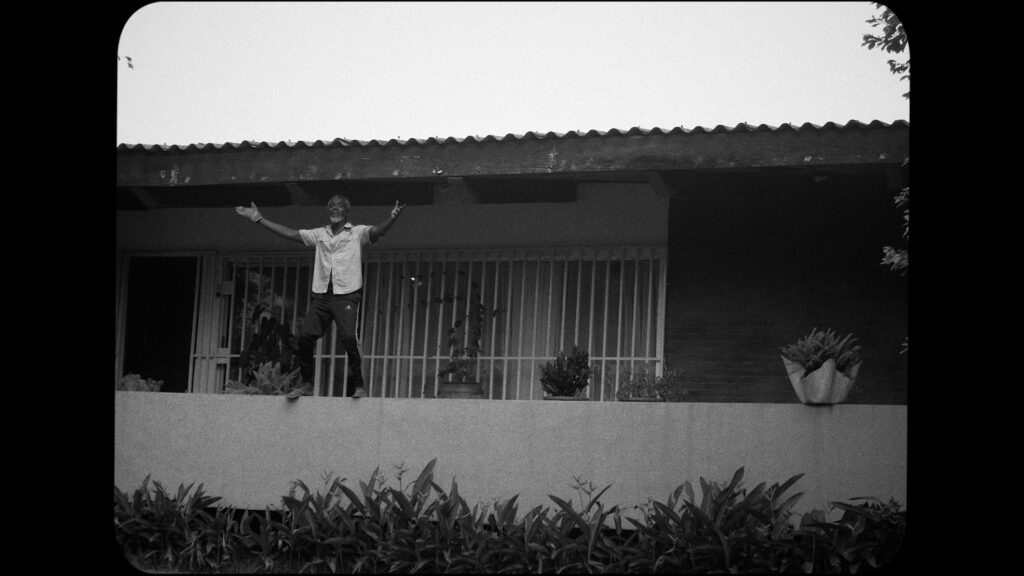
Sticking to the theme “less is more,” for other younger filmmakers out there, most especially student filmmakers because I think the Film Rats Club is made up of a number of students who are looking to learn more about filmmaking but there aren’t enough resources to learn in a film school, do you have any recommendations or suggestions, like online resources that they could have access, to learn more about filmmaking and at the same time get more from it?
Well, I would say find someone who you believe in. I know we have a lot of filmmakers that we believe in that are busy and might not have your time right? Find someone who you feel has a vision that you can share with, and you can learn. Another thing is to always watch movies. As a young filmmaker, make your own film, learn using YouTube, watch a lot of movies, and learn editing across various softwares. Most importantly, spend less time criticizing and spend more time creating.
Thank you so much. I mean the students would appreciate this. So, to end the interview, we always ask our interviewees, what’s currently keeping you up? Any movie recommendations or TV shows that you’ve been watching recently? What’s keeping you up?
All of us are Dead. I was always watching it every night. Then the last movie I saw was Steven Spielberg’s movie West Side Story, a fantastic musical, it brought us back into the 60s thereabout. Another thing keeping me up right now is the next movie that I’m working on. Actually, it’s 2 projects, so hopefully, it will keep everybody up when it comes out.
We’re looking forward to it
Yeah, thank you so much.
Click on the link to find the previous entries in our In Conversation Series.
The Annual Film Mischief is a hybrid festival celebrating quality low-budget Nollywood films. It took place March 17-20.
Join the conversation on Twitter: #TAFM22

